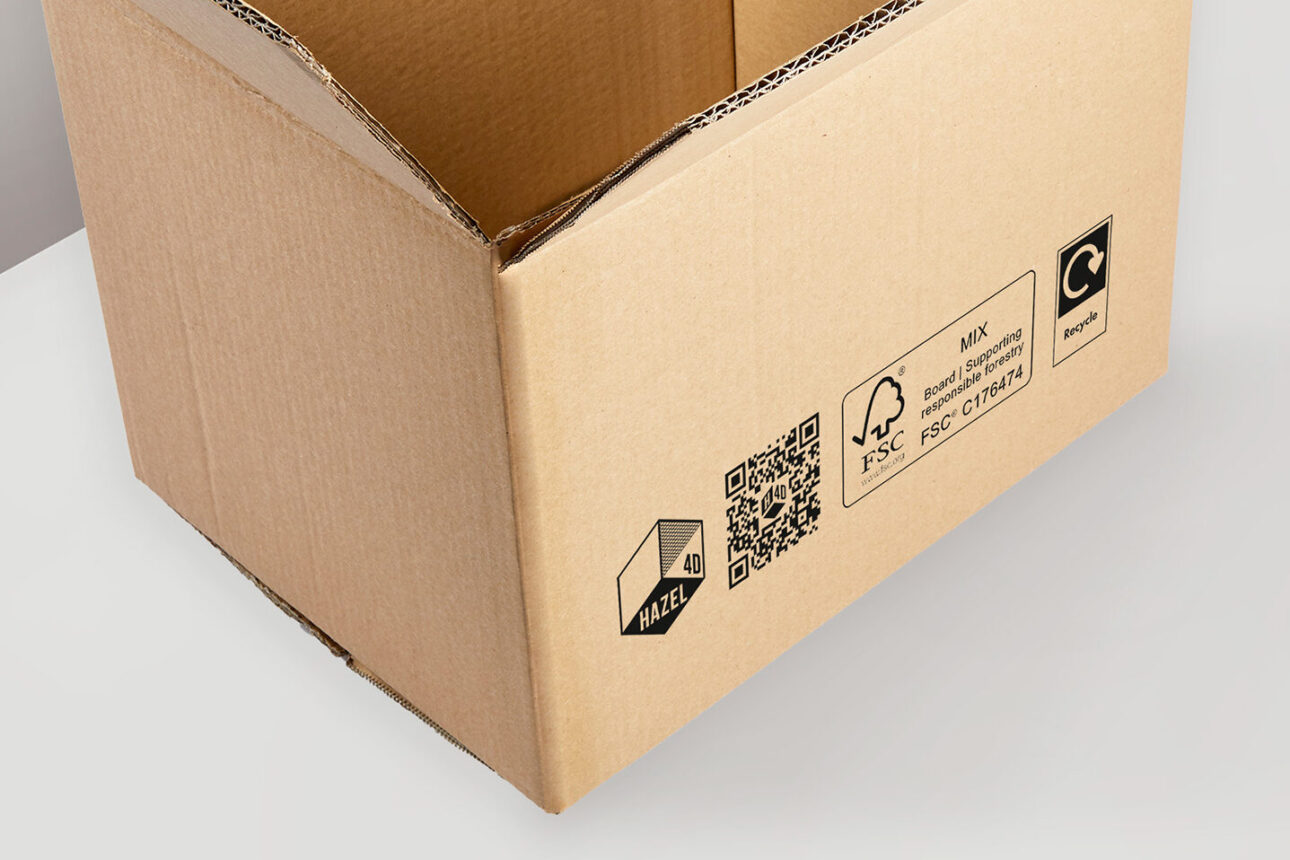
That’s why we’re removing eco from our product names and focussing on delivering expertise to our customers that helps them Rethink their packaging choices, Remove packaging where they can, and Reduce where they can’t.
Sustainable packaging is a complex issue, often influenced by subjective considerations. For example, packaging that is being supplied to consumers is processed and recycled in different ways to that shipped internally or to other businesses. This significantly impacts recycling performance which is a fundamental consideration – by increasing the supply of appropriate recyclate, the demand for virgin materials reduces. This also supports the supply of more products with recycled content into the market.
However, it’s not just about using recycled materials and increasing recycling. True sustainability involves a deeper examination of whether the packaging is necessary in the first place, if the right materials are being used, and if the overall environmental impact is minimised.
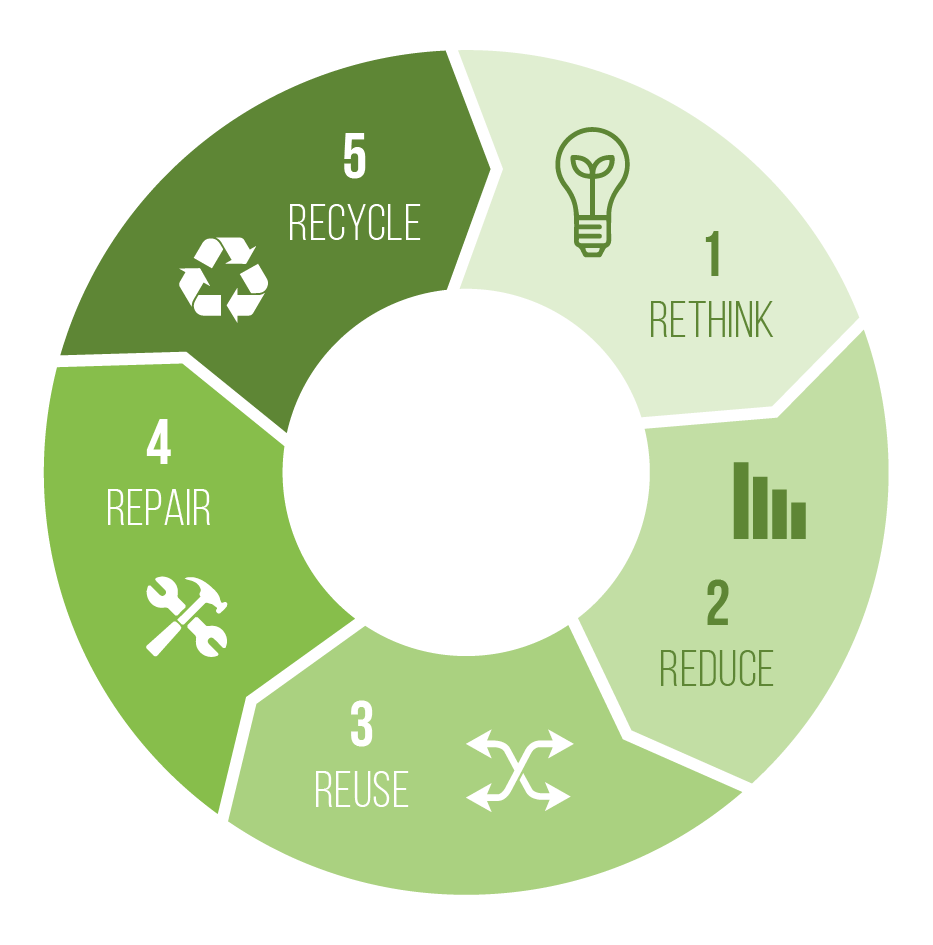
As packaging experts, we believe sustainable packaging is not simply about using products called “eco” because they contain recycled content or are made of paper. True sustainable improvements are based on an understanding of your complete operations, your business goals, and pairing the right products and processes together to help improve your overall sustainability positioning. In many circumstances this could mean a switch away from paper-based products, if for example they are not FSC certified, or reduction in recycled content, if this leads to an overall reduction in virgin material usage through improved mechanical performance (often see in pallet wrapping films).
At our core, we’re committed to rethinking packaging choices and refusing to continue the use of products that add little or no value. If part, or all of a product’s packaging isn’t truly necessary, then labelling it as “sustainable” is misleading. We’ve seen this regularly around void fill where making changes to box specification has reduced the need for additional in-box protection significantly.
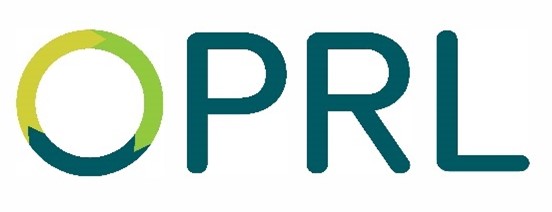
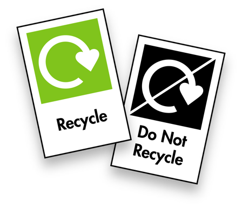
Supplying packaging that can be recycled but isn’t, doesn’t have the value that it could. It is important to make it as easy as possible for consumers in particular to make the right choice, and recycle as much as possible. That’s why we partner with OPRL, the most recognised and effective recycling labelling scheme, to ensure if a material can be recycled that it will be.
As mentioned, shifting to recycled materials isn’t always a positive step if it results in increased usage of virgin materials, or if the product becomes bulkier or heavier. Similarly, using paper from unsustainable sources contradicts the notion of changing from plastic products is an environmentally positive step. FSC certifications help make it clear which products have been sourced from sustainably managed forests, aiding in simple, positive choices being made. Look out for these labels and encourage changes to FSC or PEFC alternatives as this is significant sustainability improvement.
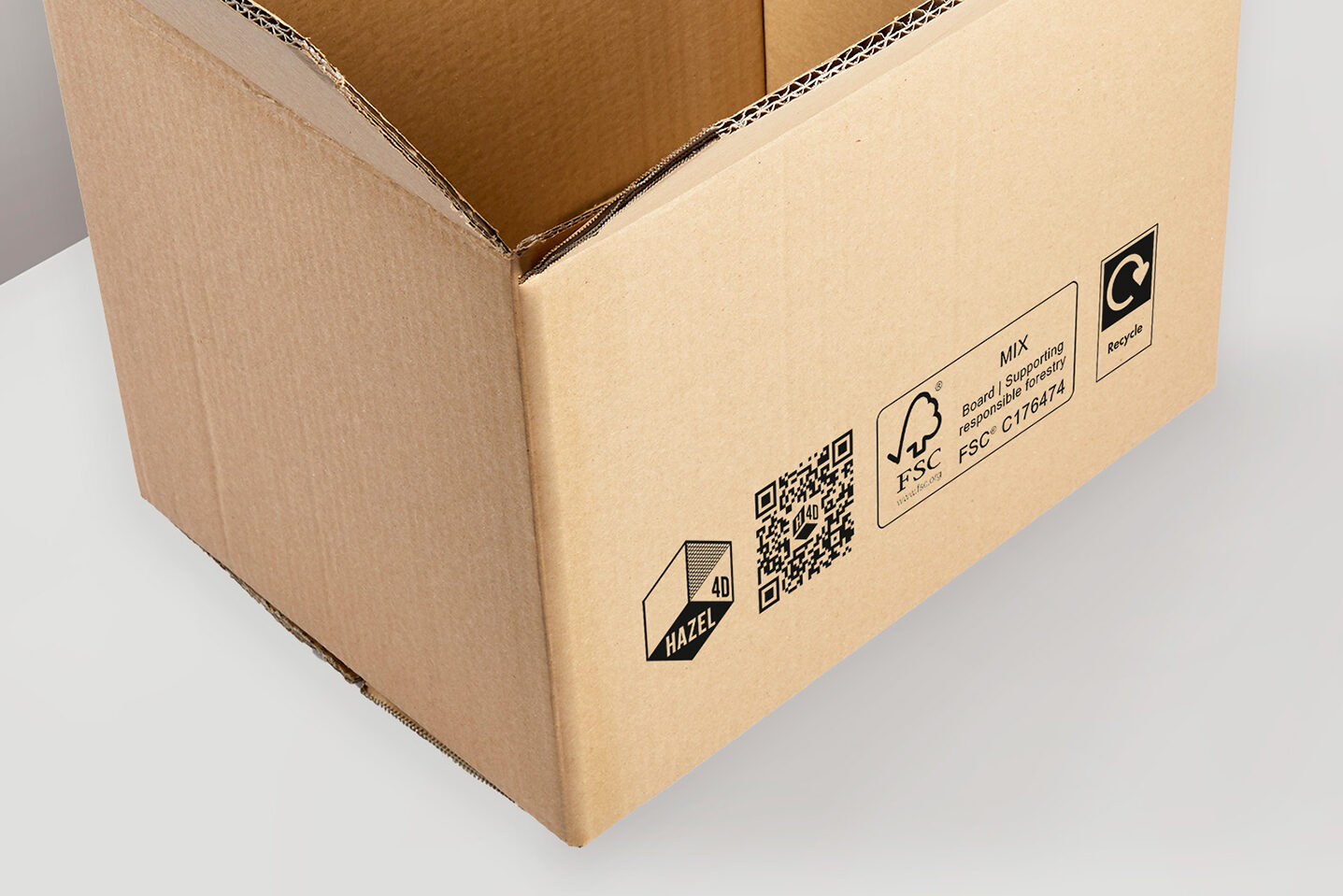
Our decision to remove “eco” from our product names is about transparency and accountability. We want to encourage our customers to focus on continually improving their packaging choices and processes. Sustainable packaging should be an ongoing journey of improvement rather than a static label that can be achieved and ticked off.
There’s always room for improvement, and we’re committed to supporting customers with data, integrity, and transparency. As we continue transitioning our product names across, we want to use this opportunity to help businesses review and rethink their packaging options in more detail. Our role is to provide wider expertise that makes switching to more sustainable options simple and inline with wider business goals of improving operational performance and cost reduction.